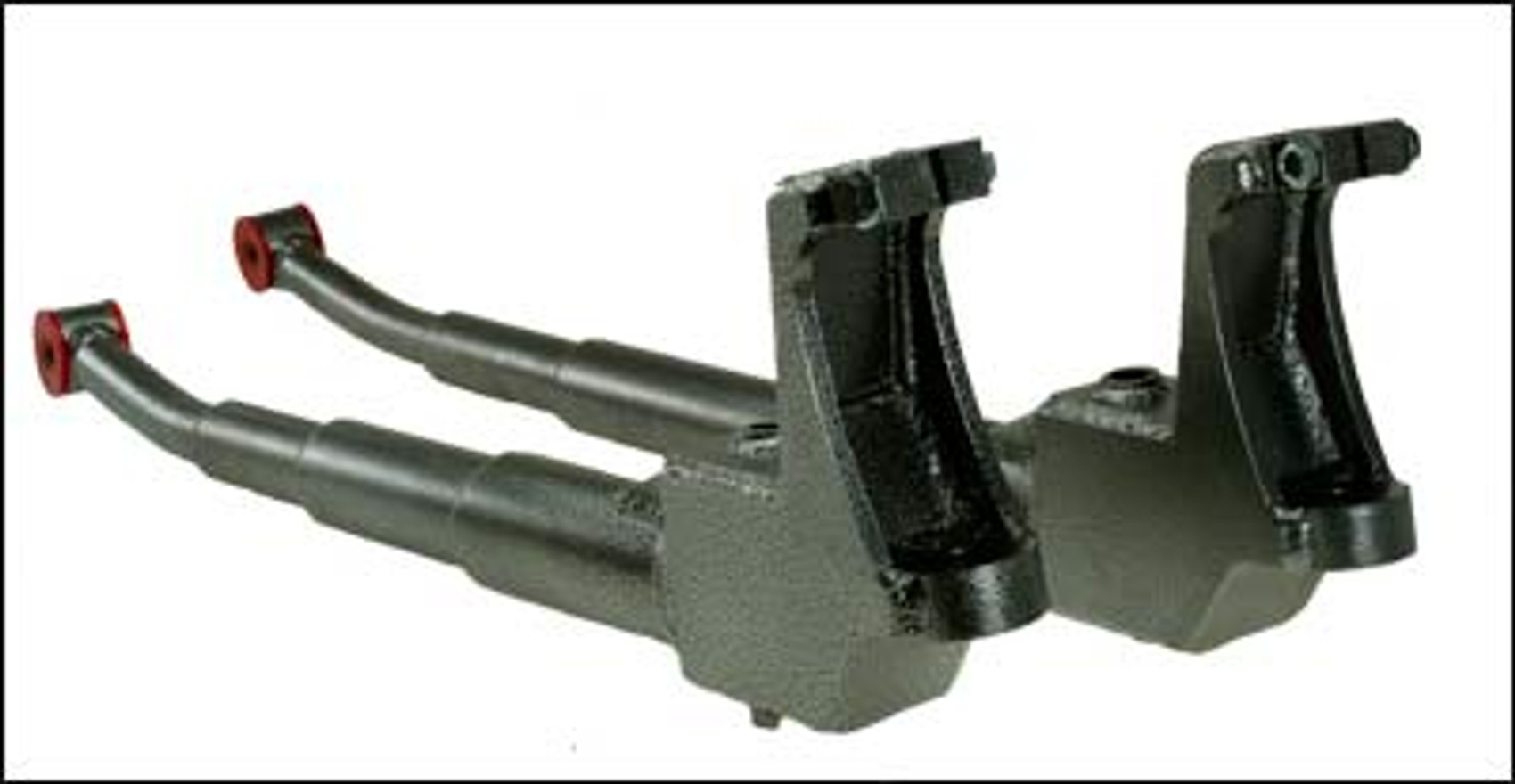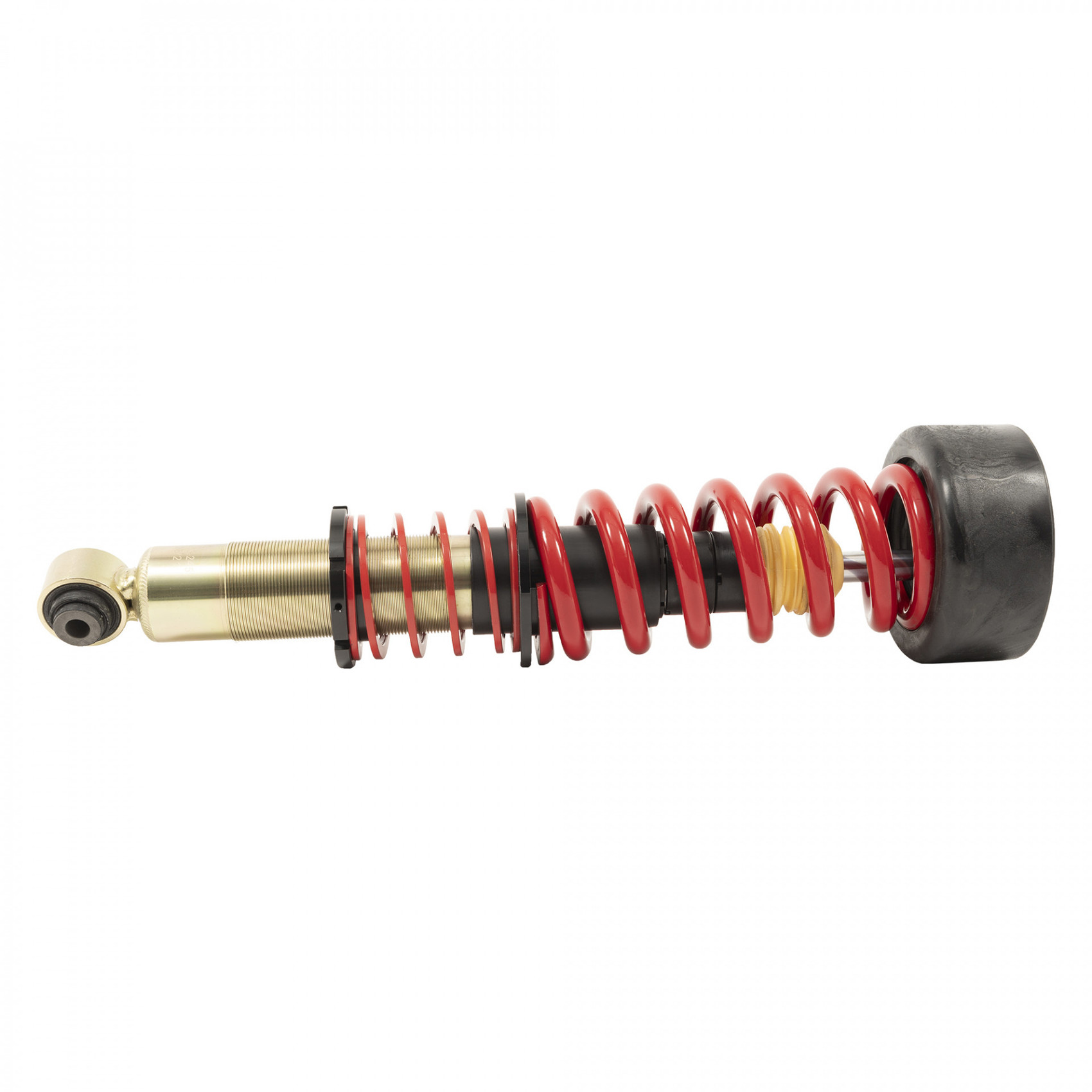Suspension lowering is the process of altering your car so it sits closer to the ground. There are some benefits to doing so, which include improved handling and fewer chances of the car rolling. While there are many proponents of lowering car suspension, some people feel that it is an unnecessary waste of time and money.
So, can you lower your car's suspension to improve its functionality? Keep reading for more information on how to lower cars and the pros and cons of lowering car suspension.
How To Lower A Car
The quick answer to the question, "Can you lower car suspension?" is yes. You can get this done by buying aftermarket kits that replace your original car parts such as coils and springs with shorter versions that can safely lower your car.
Alternatively, you could alter the coils or torsion bar that are in your vehicle in such a way as to lower your car. Modification of your car parts is often discouraged as you can damage your car and make it unsafe for driving.
The Pros Of Lowering Suspension
Most people that lower their cars do so because they like the appearance of a lower car. Other than aesthetics, lowered cars are also less likely to roll due to their lower center of gravity. A lower car could also be more fuel-efficient due to reduced aerodynamic drag.
A lower car has better handling because of its lower center of gravity. In some cases, better traction also makes lowered cars easier to handle than a raised car.
The Cons Of Lowering Cars
One of the main disadvantages of lowering a car’s suspension is that you mess up with the car's original system setup and components. Bringing your car lower will bring your suspension closer to other parts of the vehicle such as the brake system and the tire's sidewalls.
Lowering your car will cause it to drive differently than it did while stock. As a result, you should make sure to relearn how to drive your car so that you can do so safely.







